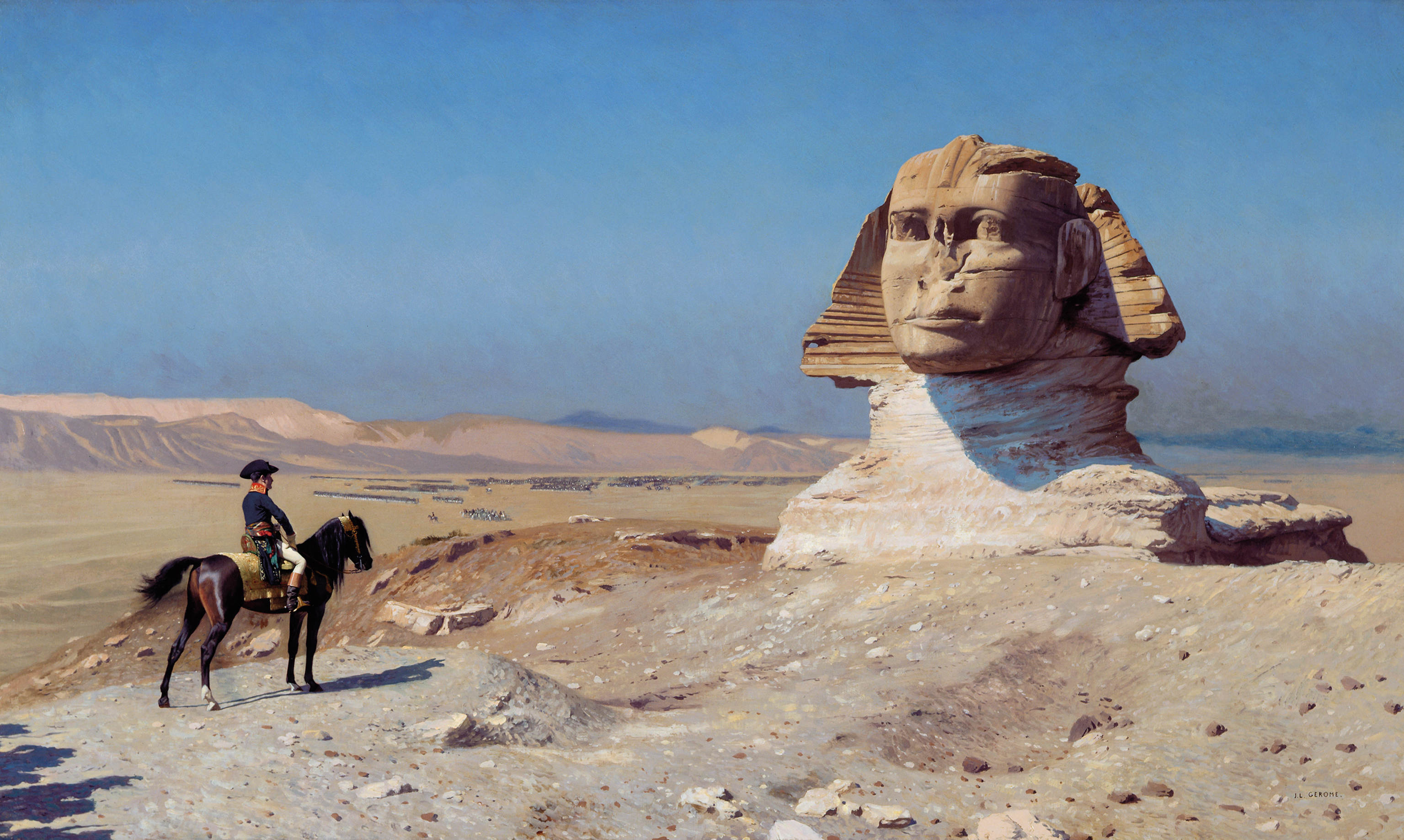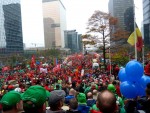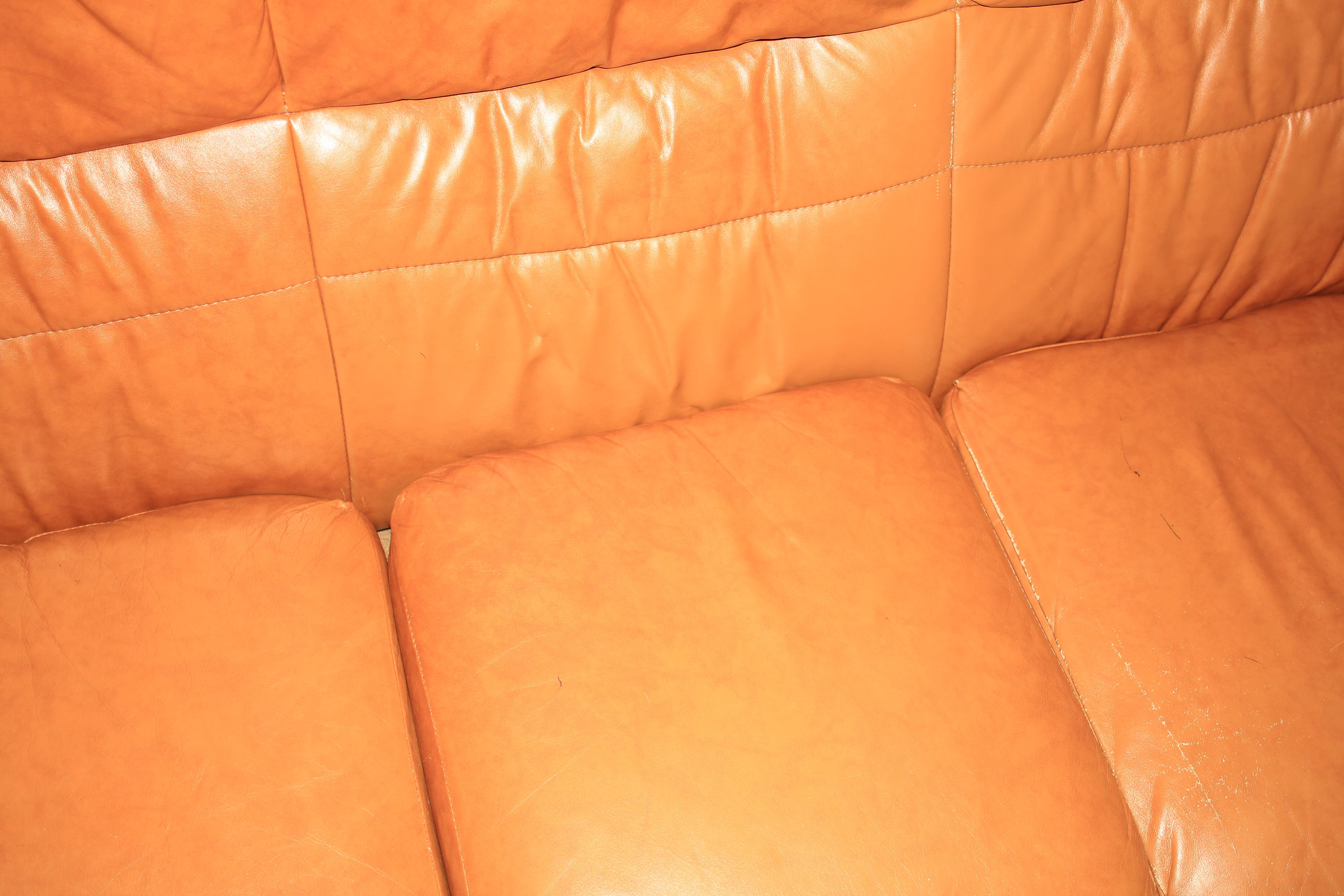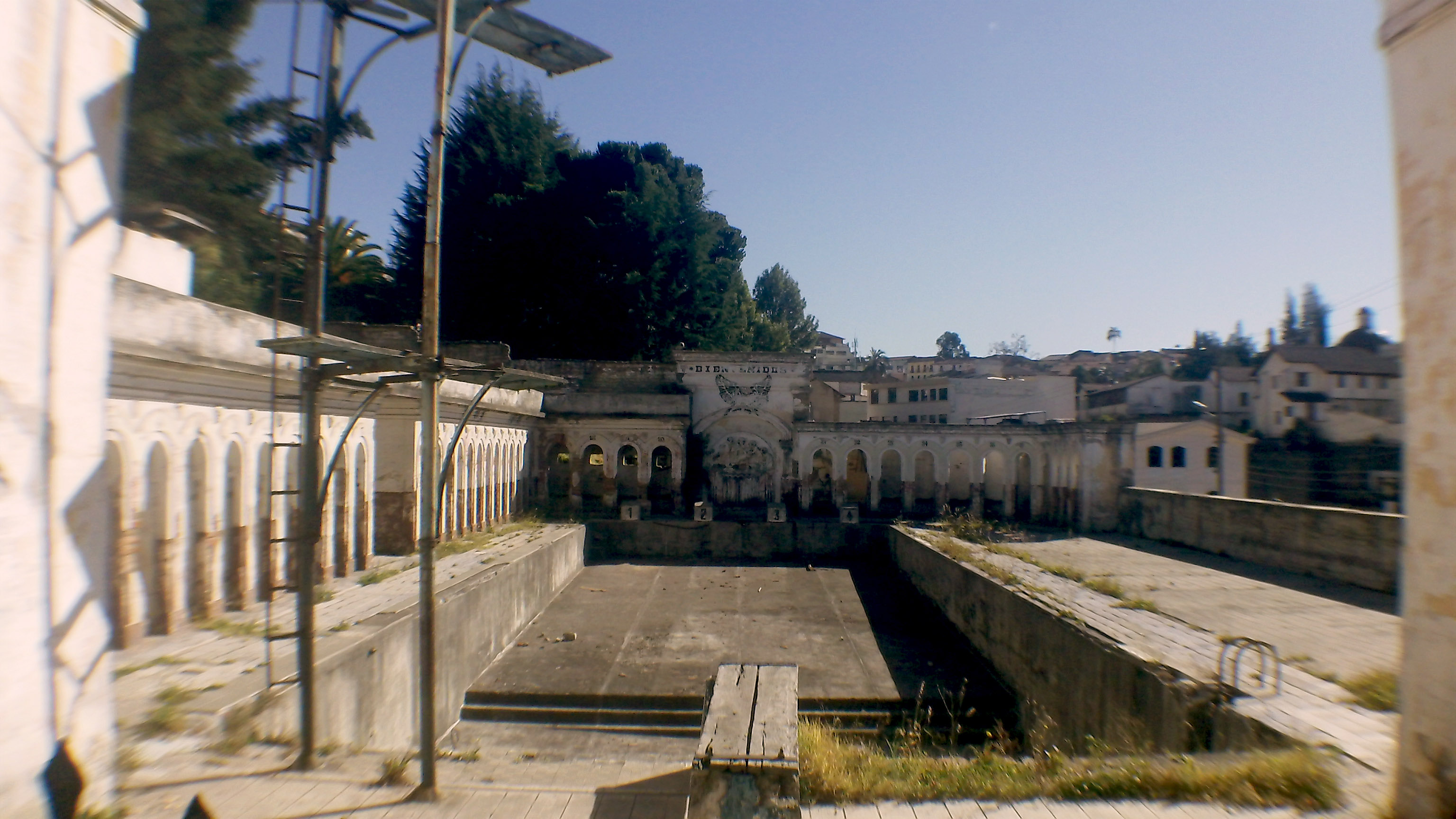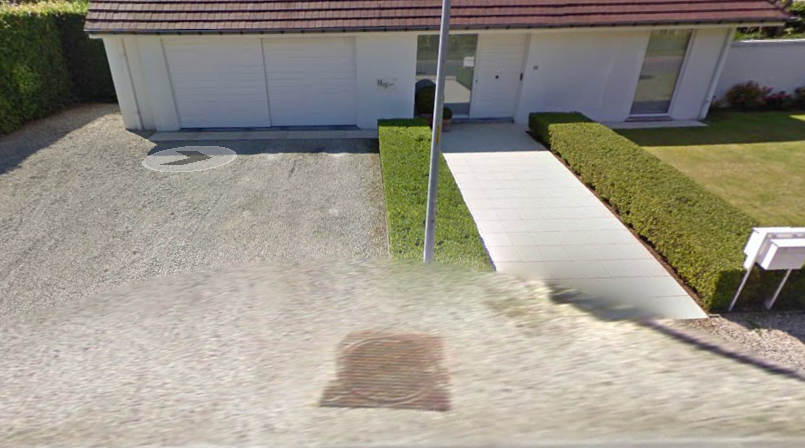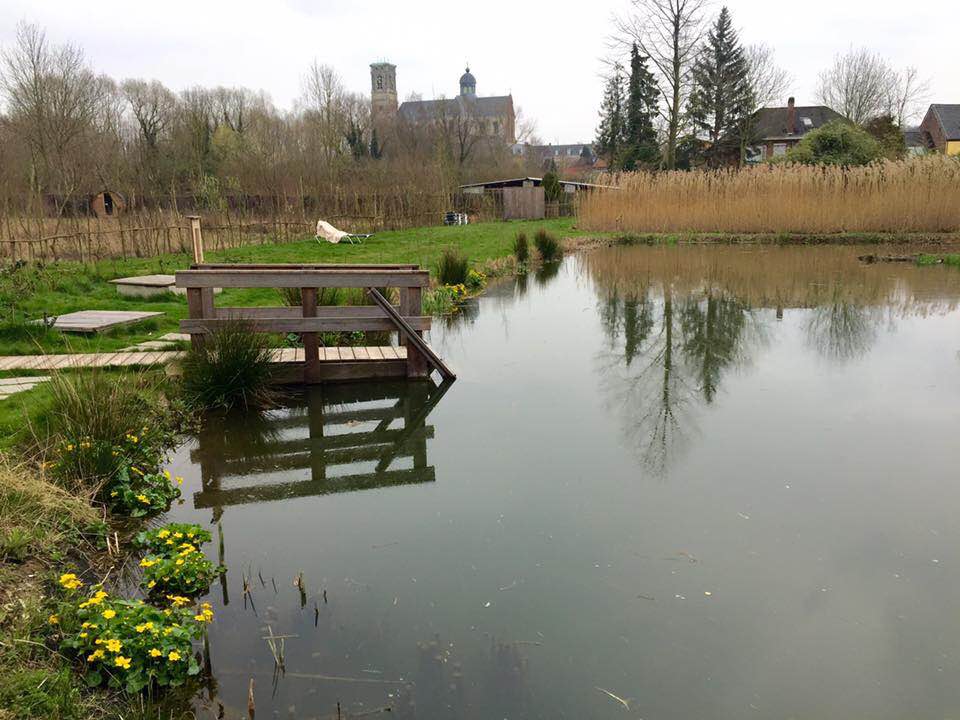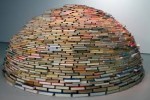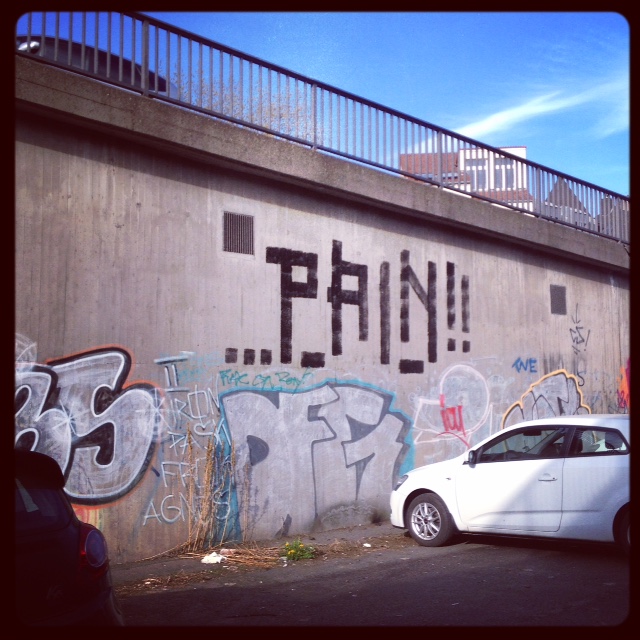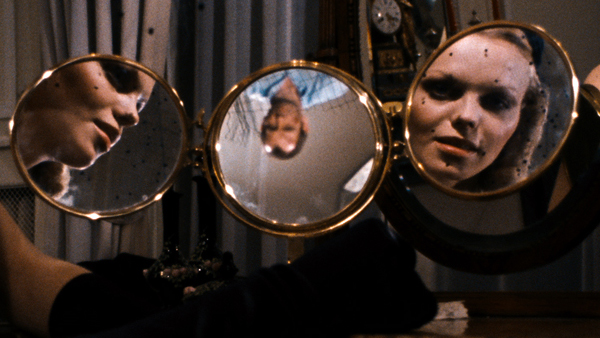Vladimir Miller block proposal.
This block was concerned with the processes and questions of a mobile, displaced, untethered research practice. We were use the methodologies of moving out, taking a trip, going for a walk to reconsider the building blocks of our research and discover new ones.
As a collective practice for this block each a.pass participant will propose a trip or an excursion to a place that resonates with the topics of her research. We understand these trips as mini workshops. They will be attended by the a.pass participants and in most cases be open to the general public on a sign-up basis. Some of them will be collaborative experiments, some will address a specific question from a current research of the a.pass participant. The already proposed places and practices range from a club all-nighter to camping in the city, from a visit to market to a silent trip to a fathers house. All proposals will work with a specific practice of being on the move together, of doing research on site, of coming back and of documenting and publishing.
Where do we practice our research, and how does changing that affect what can be talked about and experimented with? How to give a practice a new context? What can we do, think, read and try together when being on the move?
We will take this opportunity to re-examine mobility of research practices in the context of de-colonial and feminist discourse on space and its social production. How do notions of power and privilege figure into this academic exploration of the presupposed „outside“ of the institution? With our colonial histories, what does it mean today to go on an excursion, to go looking „elsewhere“ for knowledge? Which gestures of power and othering are we replicating by using these methods of (ad)venture in our research? This block will be guided by an attempt to apply de-colonial thinking to the very idea of research itself, to unlearn its innocence and to insist that coloniality and its critique apply as soon as we open our doors and step outside, and as soon as we think towards „other“ places and discourses.
To work on these themes the excursion practice will be supported by several external inputs from the areas of de-colonial theory, urbanism and feminist critique. More detailed information about those events you will find on our webpage soon.
